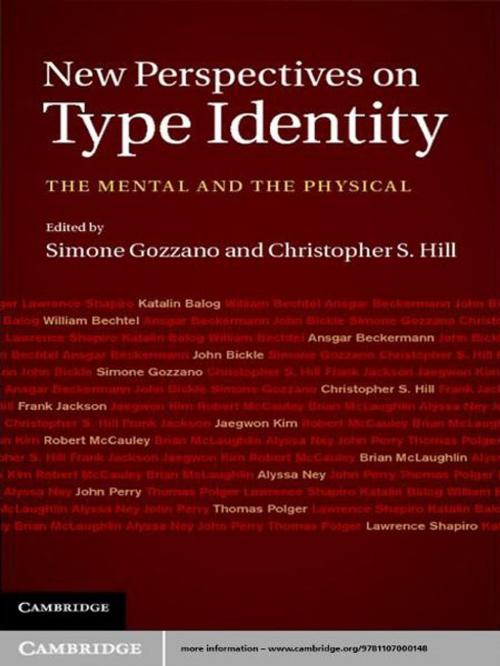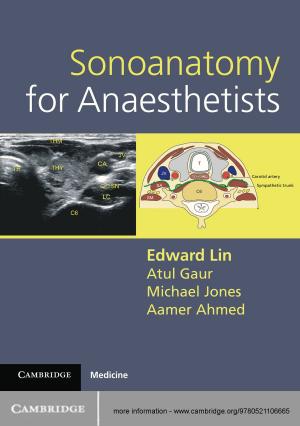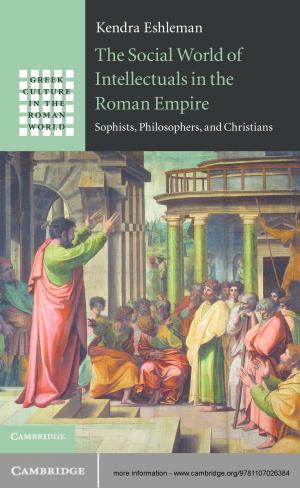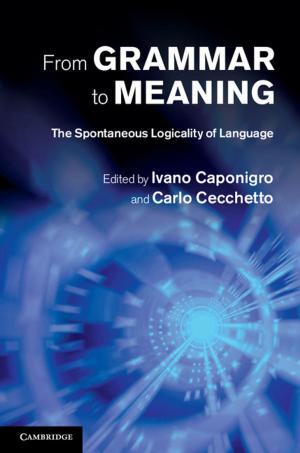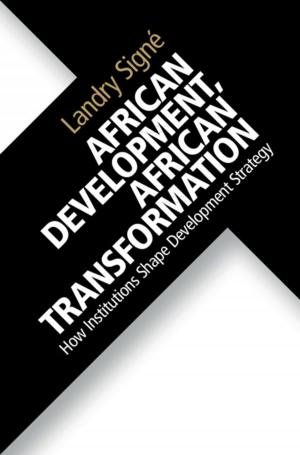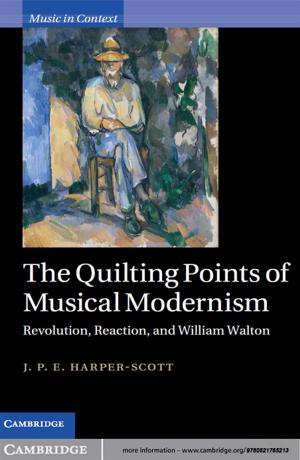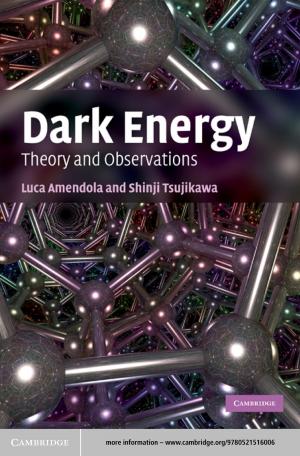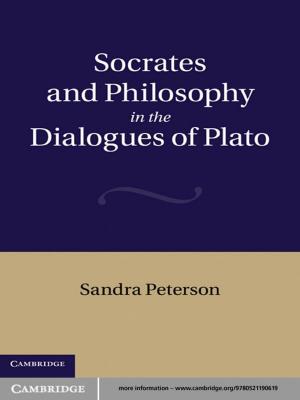New Perspectives on Type Identity
The Mental and the Physical
Nonfiction, Religion & Spirituality, Philosophy, Mind & Body| Author: | ISBN: | 9781139334105 | |
| Publisher: | Cambridge University Press | Publication: | March 8, 2012 |
| Imprint: | Cambridge University Press | Language: | English |
| Author: | |
| ISBN: | 9781139334105 |
| Publisher: | Cambridge University Press |
| Publication: | March 8, 2012 |
| Imprint: | Cambridge University Press |
| Language: | English |
The type identity theory, according to which types of mental state are identical to types of physical state, fell out of favour for some years but is now being considered with renewed interest. Many philosophers are critically re-examining the arguments which were marshalled against it, finding in the type identity theory both resources to strengthen a comprehensive, physicalistic metaphysics and a useful tool in understanding the relationship between developments in psychology and new results in neuroscience. This volume brings together leading philosophers of mind, whose essays challenge in new ways the standard objections to type identity theory, such as the multiple realizability objection and the modal argument. Other essays show how cognitive science and neuroscience are lending new support to type identity theory and still others provide, extend and improve traditional arguments concerning the theory's explanatory power.
The type identity theory, according to which types of mental state are identical to types of physical state, fell out of favour for some years but is now being considered with renewed interest. Many philosophers are critically re-examining the arguments which were marshalled against it, finding in the type identity theory both resources to strengthen a comprehensive, physicalistic metaphysics and a useful tool in understanding the relationship between developments in psychology and new results in neuroscience. This volume brings together leading philosophers of mind, whose essays challenge in new ways the standard objections to type identity theory, such as the multiple realizability objection and the modal argument. Other essays show how cognitive science and neuroscience are lending new support to type identity theory and still others provide, extend and improve traditional arguments concerning the theory's explanatory power.
